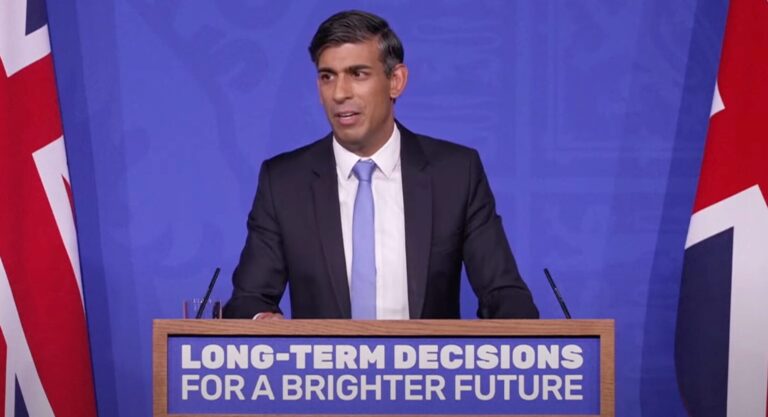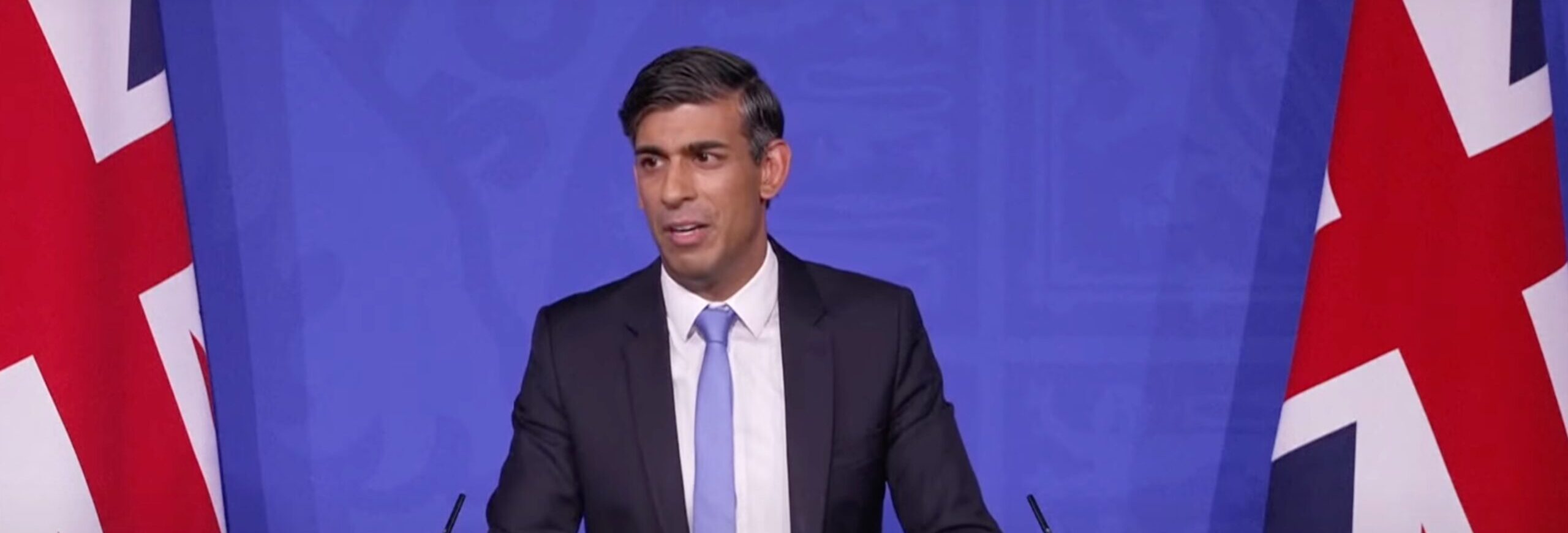UK pushes ICE car ban out to 2035 despite 36% surge in full-electric car sales this year

Consumers should make the choice, not be forced by government
UK prime minister Rishi Sunak on Wednesday announced that a long-standing policy on the ban on the sale of internal combustion engines by 2030 will now be pushed out until 2035.
The prime minister said the change was being made to give people more time to make the transition to electric vehicles, saying the “upfront cost is still high” and adding that “it should be you the consumer that makes that choice, not government forcing you to do it.”
Sunak still believes the “vast majority” of cars sold by 2030 will be electric, “because the costs are reducing, the range is improving, the charging infrastructure is growing”.
“Our business needs three things from the UK government, ambition, commitment, and consistency. A relaxation of 2030 would undermine all three,” Ford’s UK chair Lisa Brankin said ahead of the PM’s address.

36% surge in full electric car sales this year
Sales of EVs in the U.K., including plug-in and conventional hybrids, were up 27% during the first seven months of 2023 compared to the same period last year.
Full-electric vehicles (BEVs) outpaced overall growth with a 36% jump and managed to capture just over 14% of total UK passenger vehicle sales, including petrol and diesel cars.
In France penetration this year reached 14% as well and Germany, the region’s largest car market, outpaced its peers with BEVs accounting for 17% of overall passenger car sales.
Germany is also way ahead of Italy where just shy of 4% of the market were BEVs while in Spain ICE vehicles outsold BEVs by a 20:1 margin so far this year.
Some smaller countries in Europe are racing ahead. Norway started in pole position and continues to lead with BEVs accounting for three out of every four cars sold followed by Iceland, Sweden, the Netherlands and Finland where penetration topped 30%.


